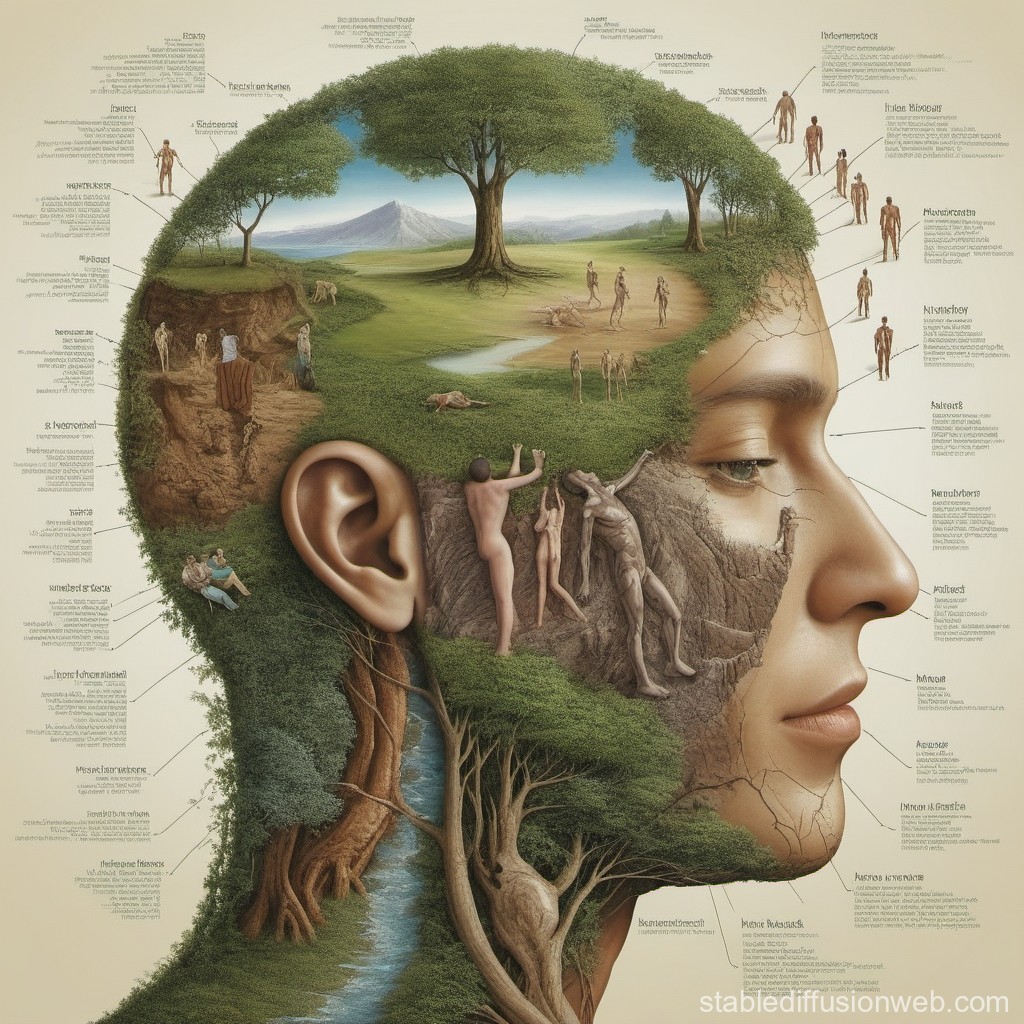
Human emotions are an essential aspect of human nature, often seen as the driving force behind our decisions, actions, and interactions. The complexity of these emotions cannot be overstated, as they shape how we perceive the world, interact with others, and even define our identity. Emotions like love, fear, anger, and happiness, while universal, are experienced uniquely by each individual, influenced by factors such as upbringing, culture, and personal experiences.
At their core, emotions are our body’s natural response to internal and external stimuli. However, the intricacy lies in how these emotions manifest and affect our behavior. For example, fear can be a protective response, but in some situations, it may cause unnecessary anxiety. Similarly, love can be a source of joy and fulfillment, yet it can also lead to vulnerability and heartbreak. These emotional contrasts demonstrate the delicate balance humans must navigate daily.
One of the most fascinating aspects of human emotions is their connection to memory. Positive and negative experiences alike are often stored in the brain, influencing future emotional responses. The human ability to feel empathy—our capacity to understand and share the feelings of others—is another key element that connects us emotionally. It fosters bonds, facilitates cooperation, and promotes understanding, yet it can also lead to emotional fatigue when overextended.
Ultimately, the complexity of human emotions highlights the intricate nature of human beings. As science continues to uncover the underlying mechanisms behind our feelings, we gain a better understanding of how emotions influence our lives, paving the way for more emotionally intelligent societies and healthier relationships.



